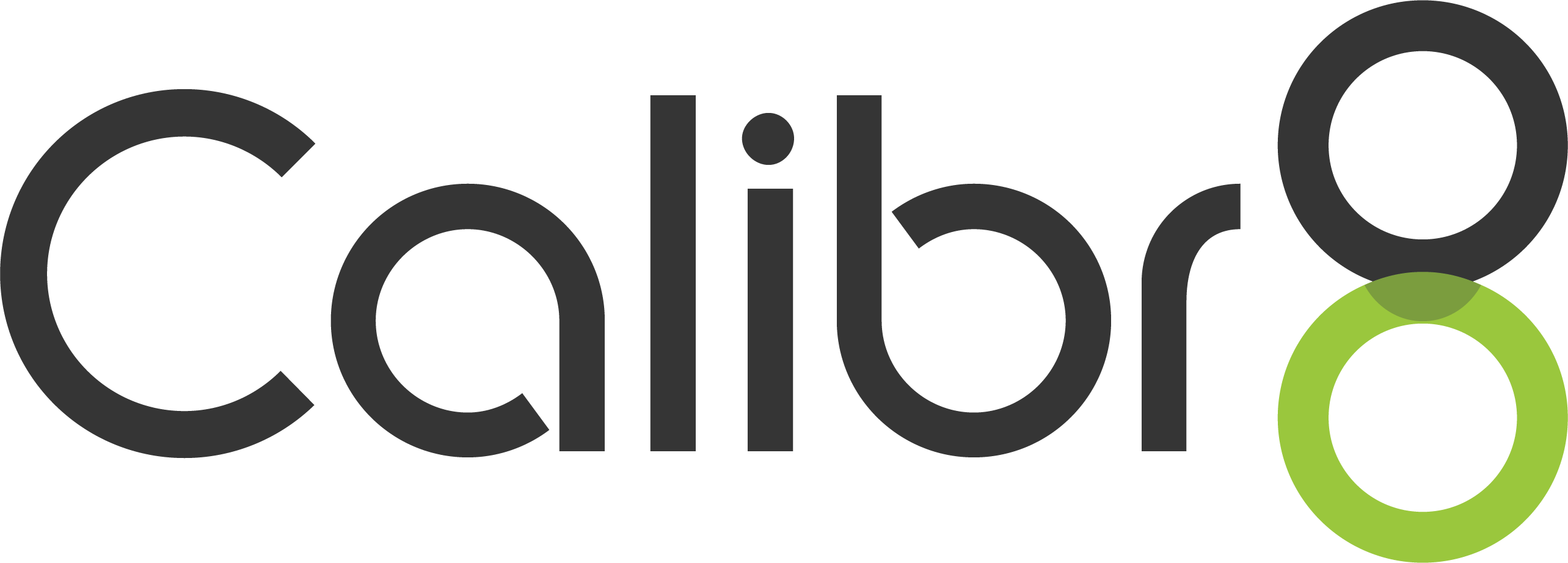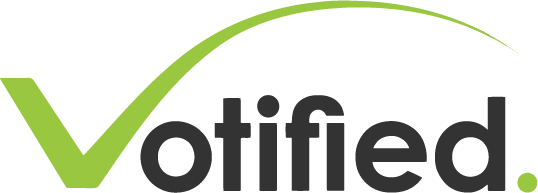Case Study
Tracking Climate Policy Attitudes Through Media Consumption
By Lisa Christiansen & Chris Connolly
A political science faculty at a major U.S. university sought to understand how different media environments influence voter attitudes toward climate policy—particularly in the lead-up to a federal climate bill vote.
The Objective
Examine how advertisements influence consumer purchasing behaviors over time and across regions. To also explore how media consumption, political events, and voter demographics shape attitudes toward climate science and urgency.
The Methodology
N = 3,500 U.S. registered voters
Recruited via Votified for real-time voter file verification; balanced across geography, party ID, education, and media consumption patterns.
Fielded in two waves: Pre-policy announcement and post-media coverage and Senate debate.
The Fielding Mode
Mixed-mode design: CATI (35%) to ensure representation of older and offline voters; online (65%) through mobile-first survey platform.
CATI interviewers trained on academic protocols and used soft prompts to encourage thoughtful responses.
Controls & Standards
- AAPOR Transparency Initiative–compliant protocol
- Voter file matched via Votified (party registration, turnout history, district)
- Fraud detection via Calibr8, Logit’s proprietary data quality system
- Open-ended responses reviewed for AI/fraud signals and relevance
- Documentation prepared to support IRB, peer review, and replication
Key Findings
- Voters exposed to partisan-aligned media showed significant shifts in support for (or opposition to) climate policy within one week of the Senate debate.
- Independent voters consuming mixed-source media were most likely to shift their opinions.
- Offline voters reached via CATI held more stable attitudes, but were more likely to express distrust in climate messaging overall.
- Regional and turnout-history segmentation uncovered nuanced patterns often missed in purely online studies.
Outcome & Impact
- The study was cited in a peer-reviewed journal on environmental politics.
- Findings were presented at an academic conference on political communication.
- The research team shared results with a policy think tank working on bipartisan climate messaging strategies.
Logit’s Role
Logit supported the project end-to-end with:
- Custom sample design using Votified
- Mixed-mode fieldwork across online and CATI
- Academic consultation on screening and quota logic
- Full transparency documentation for IRB and peer-review submission
Interested in similar work? We’d be happy to share how we can support political or policy studies at your institution. Contact us today.

Lisa Christiansen
VP, Research Services
Lisa is a client-centric sales professional with over 35 years of building successful, long-term client relationships.

Chris Connolly
VP Research Services
Chris is persistently focused on providing superior value and experience for each client relationship.



